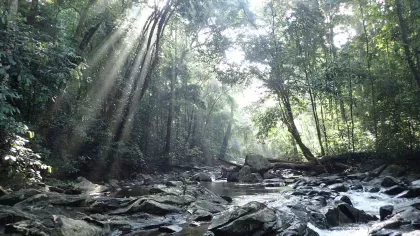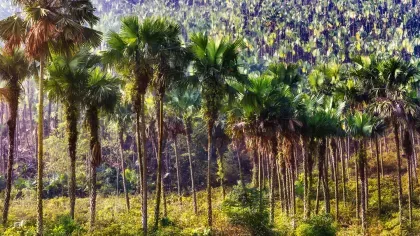29 July 2020
Timber! The threat to Cameroon’s Ebo forest
Ebo forest in Cameroon, home to many unique, rare and threatened species, is under imminent threat from extensive logging.

Ebo forest, situated in the Littoral Region of Cameroon, is home to an amazingly rich diversity of plants and animals, including great apes.
It is one of the largest intact rainforests in Cameroon, covering an area of about 2,000 km².
In 2006, the Government of Cameroon proposed the creation of Ebo National Park which was set to cover most of the forest.
However, this reserve has never been formally designated, leaving the forest vulnerable. And this year, the threat to Ebo forest has significantly escalated with the entire forest set to be logged.
Discoveries from Ebo forest
Since 2004, botanists from Kew and the National Herbarium in Cameroon have been exploring the previously little-studied Ebo forest. It was Martin Cheek – leader of Kew’s Africa team – who first told me about the incredible biological diversity of Ebo, having visited the forest himself on several of these botanical expeditions.
Researchers have uncovered an incredible diversity of plant life in Ebo forest. So far, 14 plant species new-to-science have been discovered in Ebo (with more yet to be named) and over 75 threatened species of plants have been recorded there.
Threatened species include several plants known only from Ebo forest, such as Inversodicraea ebo, found on rocks within river rapids, and Kupeantha ebo, a small tree related to coffee.
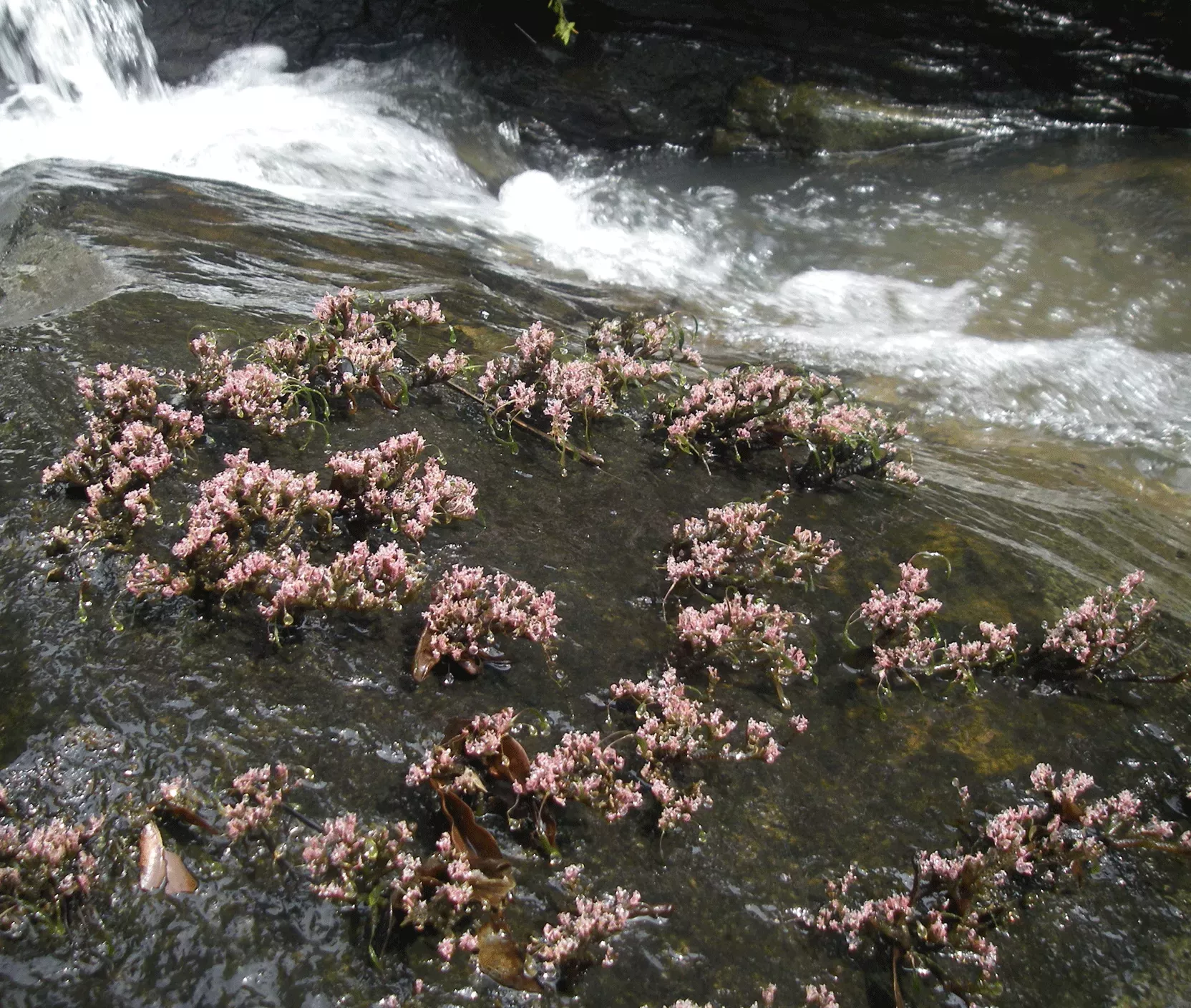
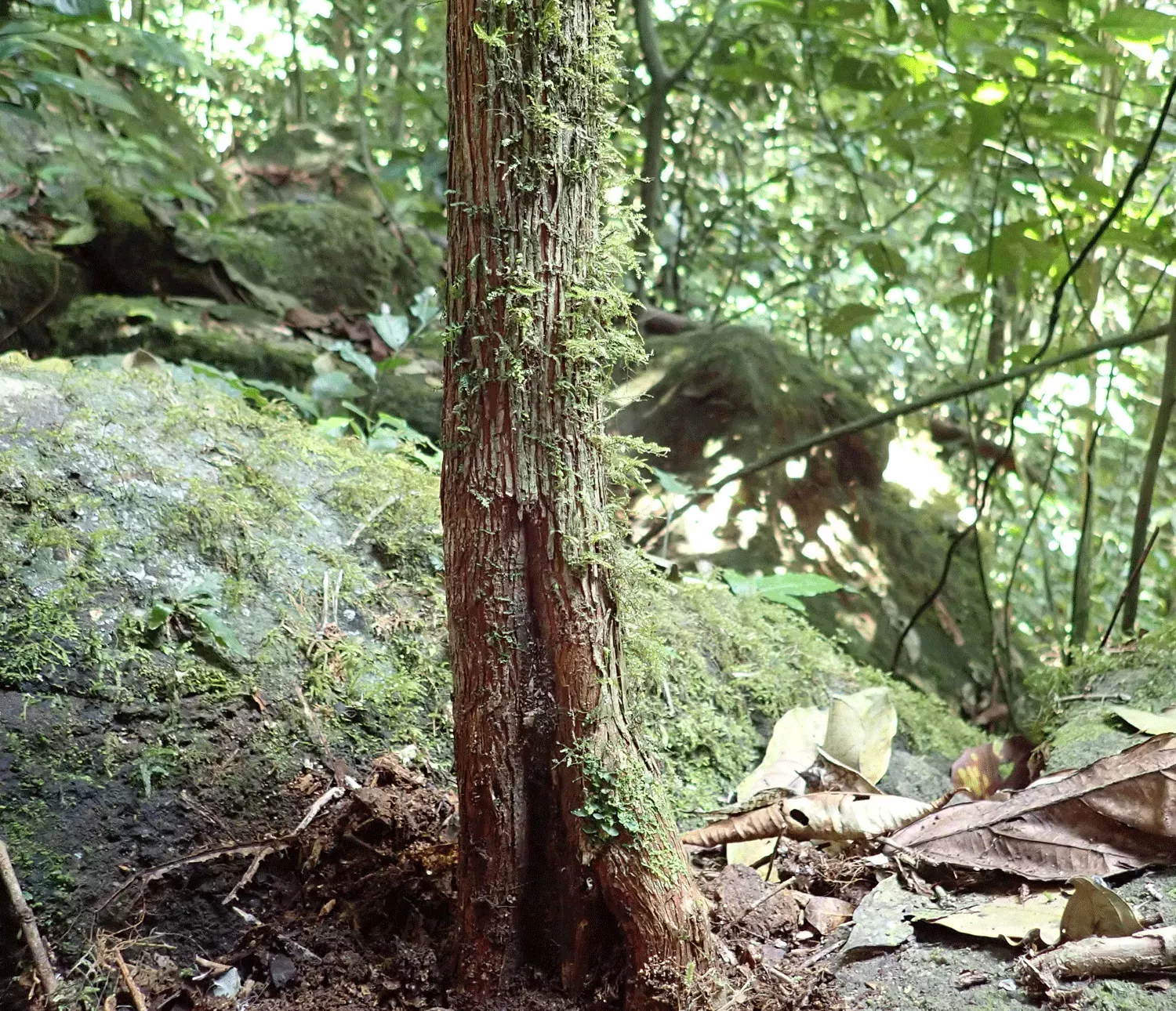
A forest of great importance
Kew’s Tropical Important Plant Areas (TIPAs) programme aims to identify tropical areas where threatened species are concentrated, enabling national authorities to prioritise their protection.
Currently, scientists at Kew and their collaborators at the National Herbarium of Cameroon are in the process of documenting the extensive array of plants found in Ebo forest, with a view to recognising it as one of Cameroon’s first TIPAs.
Alongside its unique flora, Ebo forest is also home to some globally important animal populations including forest elephants, western lowland gorillas, the only known population of chimpanzees to fish for termites and crack nuts, and one of only two remaining populations of Preuss’s red colobus monkeys.
But it’s not just wildlife that depends on Ebo forest. Residents from over 40 villages living on the edges of the forest rely on it for resources such as food and medicine, as well as having deep cultural and ancestral links to the forest.
It’s clear that the protection of Ebo forest and its impressive biological diversity is extremely important for both wildlife and human populations.
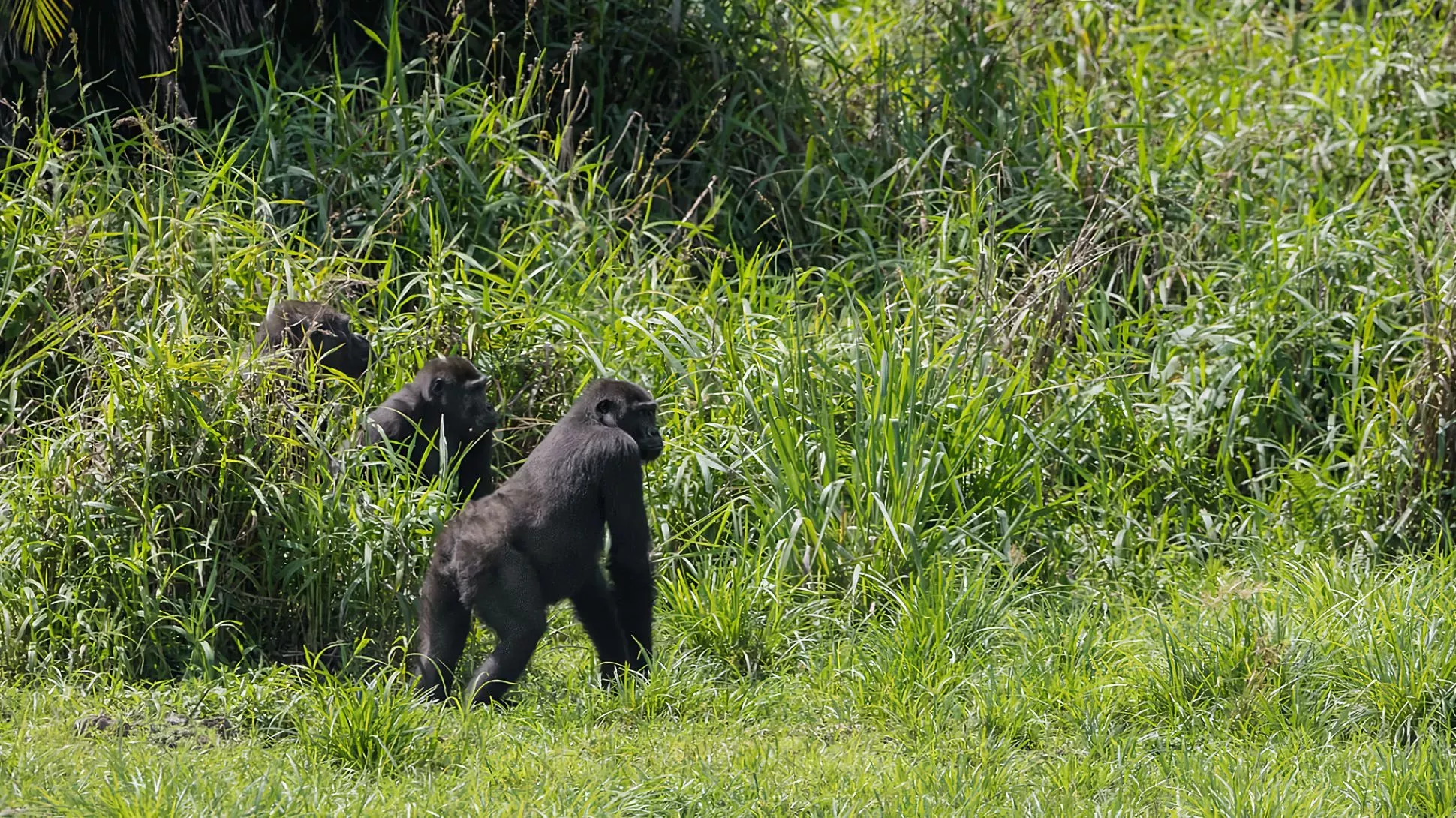
Imminent threats
However, early in 2020, the Cameroonian Government released plans to create two long-term logging concessions, set to cover the entire area of the proposed Ebo National Park, and on the 14th of July, the first of these concessions was approved.
Many organisations have come together in an effort to suspend the logging concession plans, recommending an alternative land-use planning process involving local communities.
As part of the global attempt to protect the area, Kew’s Plant Assessment Unit and Africa team are prioritising efforts to assess the extinction risk of Ebo’s plants and to evidence the area as a TIPA.
We hope that highlighting the area’s botanical importance will give weight to the argument against logging the forest.
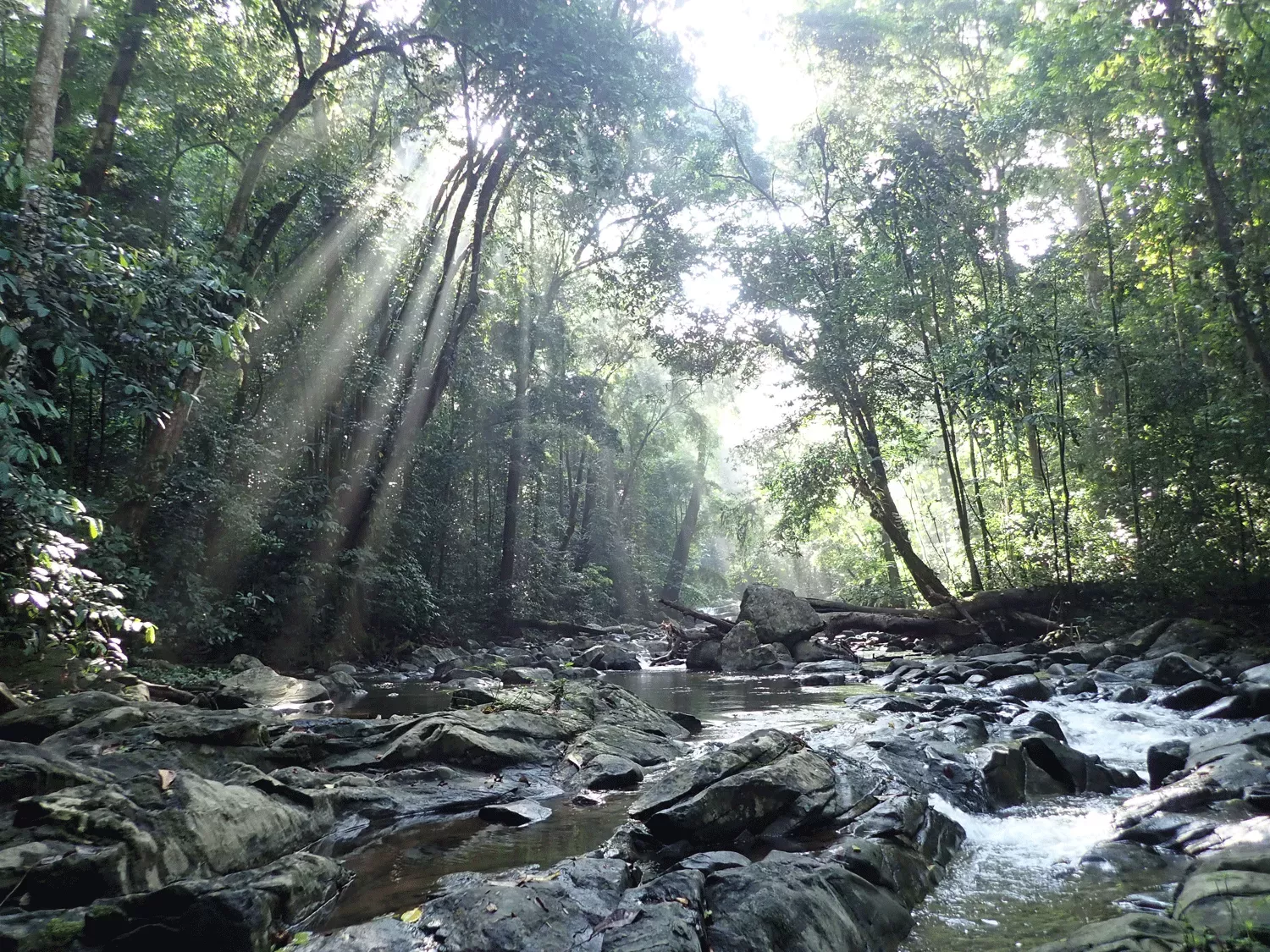
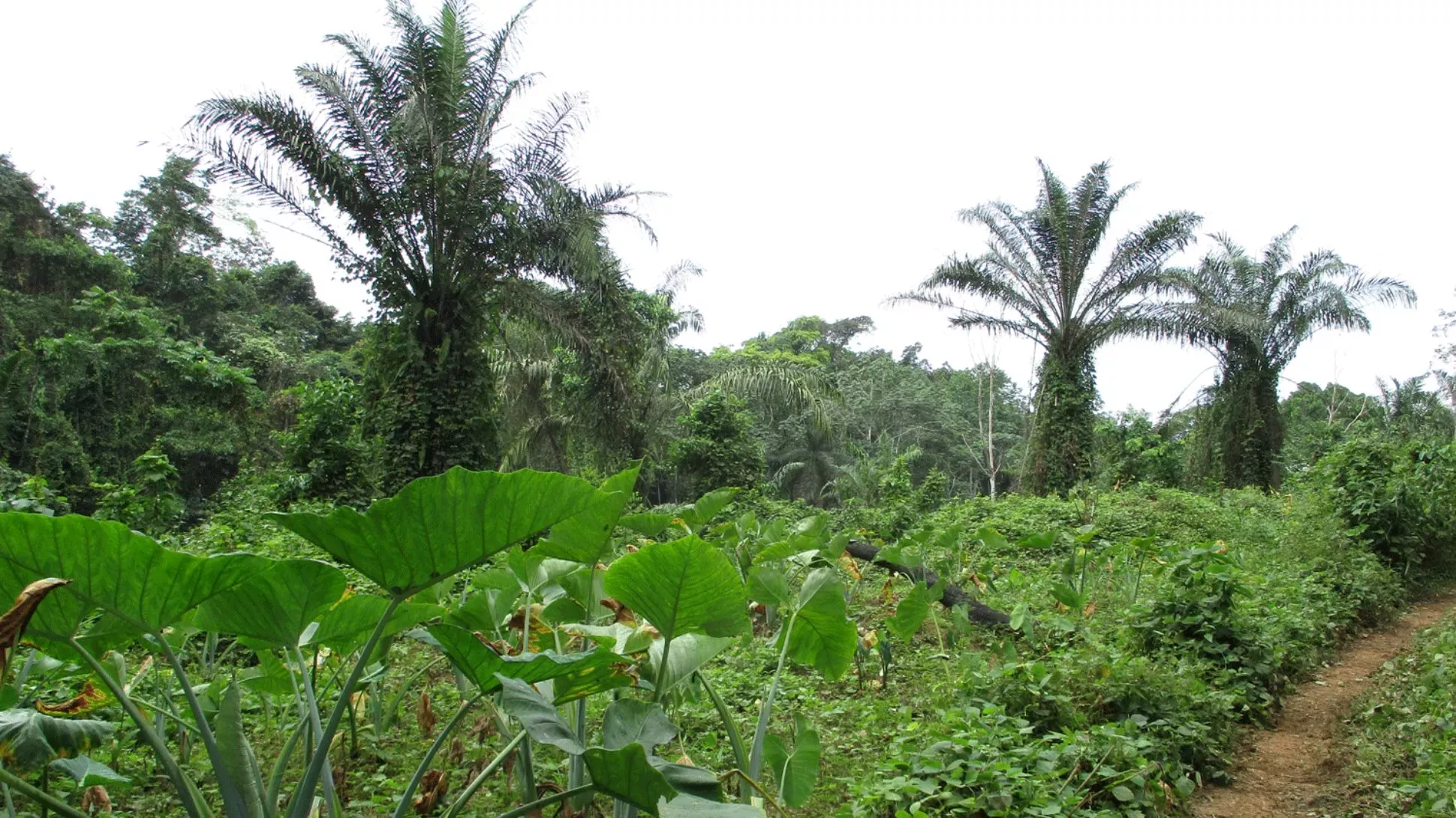
Save Ebo forest
While Kew has contacted the Cameroon High Commission in London, and researchers across several institutions have signed an open letter to Cameroon’s Prime Minister, help has also come from a more unexpected quarter.
Actor and environmentalist Leonardo DiCaprio has been voicing his concerns over the plight of Ebo forest. A post on Instagram in May gained nearly half a million likes, providing some valuable publicity.
Without a doubt, the protection of Ebo forest’s impressive and unique biological diversity is of paramount importance. If logging plans proceed, species will surely be driven to extinction.
*Update*
We're pleased to announce that on 6 August 2020 the plans for the logging concessions within the Ebo forest were cancelled by the President of Cameroon. Read the story.
